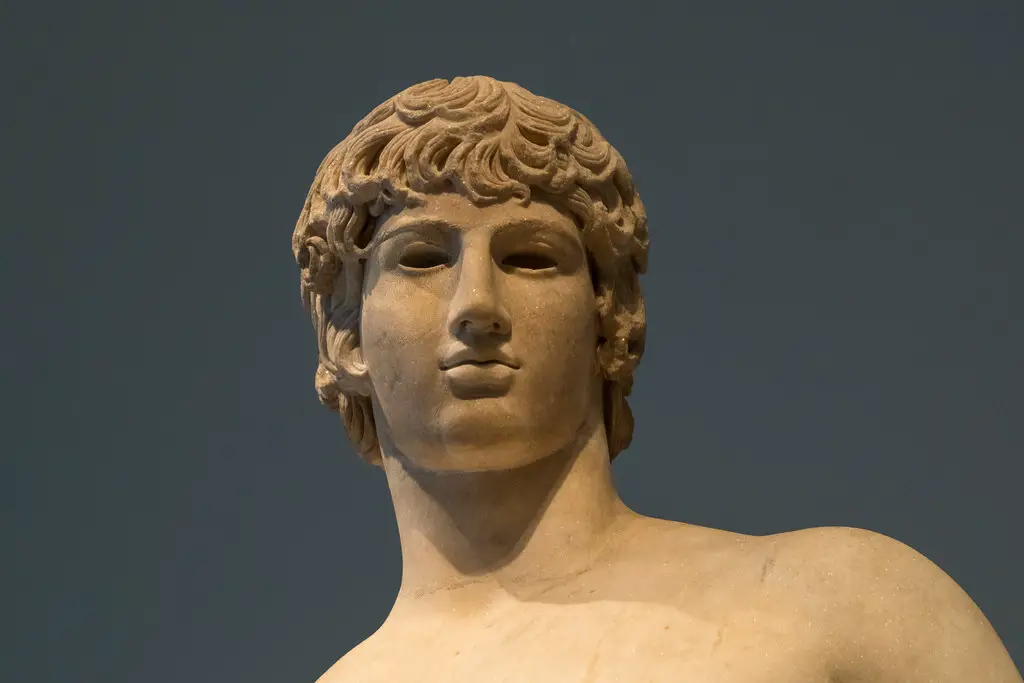Have you ever strolled through a museum, come face-to-face with a Greek statue, and found yourself thinking, “Well, that’s modest”? You’re certainly not alone. The proportions of manhood depicted on these ancient sculptures have long been a source of both curiosity and amusement. This curiosity led TikToker Ruby Reign to delve into the intricate details of Grecian genitalia.
In ancient Greece, it seems less was indeed considered more when it came to the portrayal of the male form. Heroes and gods were sculpted with what today might be considered surprisingly restrained attributes in the nether regions. But why? As it turns out, during that era, a smaller phallus symbolized virtue, self-control, and rationality. Conversely, a more generously endowed depiction was associated with folly, lust, and a lack of discipline—attributes hardly fitting for revered deities or celebrated Olympic champions.
Ruby’s TikTok revelation went viral, shedding light on this intriguing aspect of art history and challenging contemporary assumptions. In a culture where bigger often signifies better, the ancient Greeks stood out for their counter-cultural approach. Their sculptures, admired for their physical perfection, exalted a different kind of ideal—one that emphasized the intellect and moral character over mere physical attributes.

This historical insight isn’t merely an amusing tidbit; it offers a broader lesson on the ever-changing nature of beauty standards and societal values. What was once considered the epitome of masculinity and aesthetic appeal in ancient Greece starkly contrasts with today’s ideals, highlighting the fluidity of cultural norms over time.
So the next time you find yourself scrutinizing the sculpted figures of antiquity, remember that you’re not just observing art; you’re glimpsing into a profoundly different worldview—one where modesty was monumental, and virtue was visibly, well, smaller. It’s a perspective that might prompt us to reconsider our own conceptions of beauty, masculinity, and worth, demonstrating that sometimes, the most enlightening lessons emerge from the most unexpected places—even from the marble recesses of a statue.


